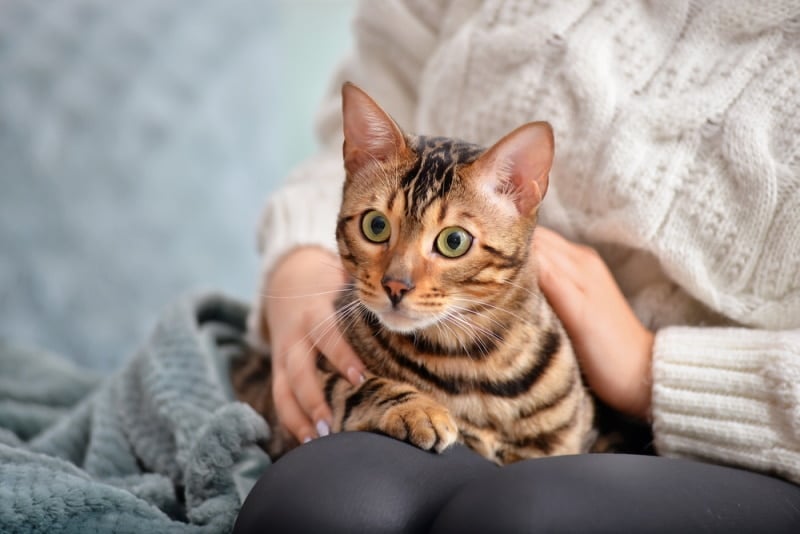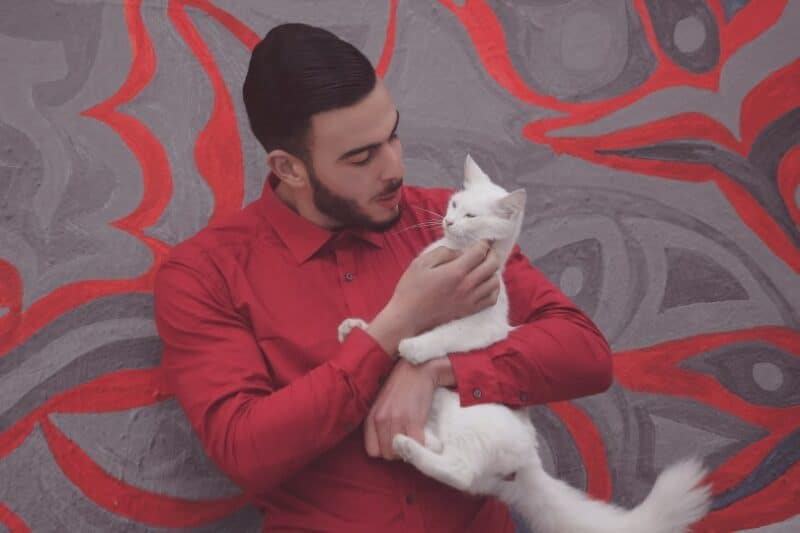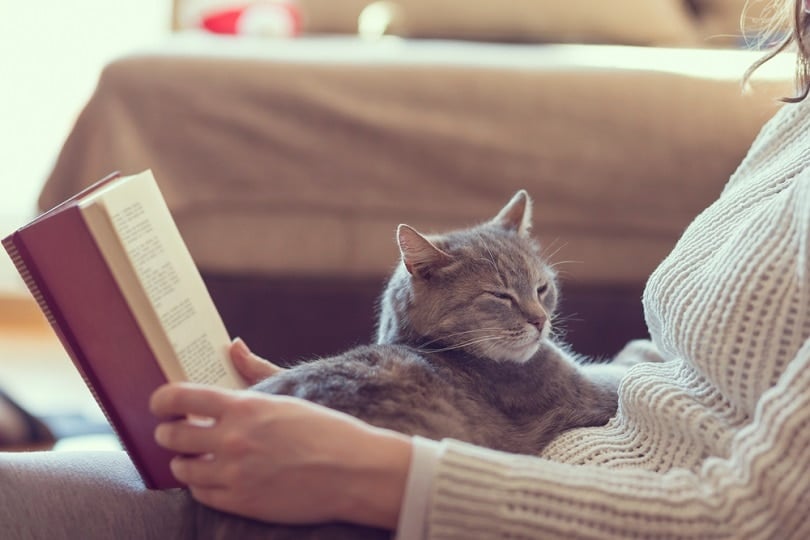Traveling with cats can be scary and quite overwhelming, especially if you get to your destination only to find that you can’t find a cat-friendly hotel anywhere on your route. Fortunately, certain branches of the Hilton Hotel franchise allow cats to stay.
While not all Hilton Hotels are pet friendly, quite a few locations owned by the company let guests bring pets. More specifically, an impressive 5,512 properties in the brand allow cats, so you should easily be able to find one in your area. In this guide, we examine the Hilton Hotels that allow cats and provide travel tips for staying in one of these hotels with your feline companion, so read on!
Which Hilton Hotels Allow Cats?
Hilton’s pet-friendly hotels are in partnership with Mars Petcare, the largest pet care company in the world, and these hotels are also located worldwide. Here are the hotels that you can visit with your feline:
- Canopy by Hilton
- Hampton by Hilton
- Embassy Suites by Hilton
- Hilton Garden Inn
- Tru by Hilton
- Home2 Suites by Hilton
- Homewood Suites by Hilton

What Is the Hilton Hotel Pet Policy?
The pet policies for the participating Hilton locations vary by individual hotel. Usually, it charges on a per-stay basis. The pet size, the number of pets allowed, weight limit, and type of pets are determined by each property, so make sure to research the hotel’s regulations before making a reservation.
What Exactly Does Pet-Friendly Mean in Hotels?
Pet-friendly hotels generally allow certain types of pets in their rooms and on the property. Things to remember when booking a cat-friendly hotel are as follows.
- Most hotels that allow pets charge a fee. It’s usually a flat rate but can be increased by the number of pets you have and the days you plan to stay.
- Not all pet-friendly hotels allow all pets. Many only allow dogs, and some of those also have size and breed restrictions in place.
- Pets aren’t allowed to be left alone in most hotels.
Each hotel in a pet-friendly brand will have its own policies, rules, and regulations regarding pets, so make sure you check them completely before booking a room.

What to Do When You Get to the Hotel With Your Cat
Now that you’ve booked a hotel room at one of the pet-friendly Hilton locations, you need to know what to do when you get there.
According to the hotel’s policies, you may need to produce a form that states that your cat is healthy and has had all of their shots. Once you have your key, you can head up to your room and get your furry friend settled in.

Top 5 Tips for Staying in a Hotel With a Cat
Cats don’t like change, and even though Hilton Hotels are nice, that won’t matter to your feline companion. Here are a few tips and best safe practices to get you through your stay with your feline in tow.
1. Inspect the Room
Many cat owners have a reputation for letting their cats destroy a hotel room and leaving it a mess. You don’t want to be accused of this or let your cat into a hotel room where they could become injured.
Before you let your cat out of the carrier, check for broken tiles, holes in the walls or cabinets, and open windows. You’ll want to look for anything that could cause your cat to become injured. Report anything you find to the front desk so it can be fixed and you can’t be charged for it after you check out.
You can also ask for items you’re worried that your cat will destroy to be moved out of the room, just to be on the safe side.

2. Work to Keep Your Kitty Safe
Glance under the beds to make sure there are no cords your feline could chew on or any medications that might have been dropped that your cat could eat, and remove them. Use your luggage, purse, extra pillows, and whatever works to block anywhere a cat could climb into and get stuck.
3. Make the Hotel Room Feel Like Home
You want the room to feel like home for your cat as soon as possible, for your and the cat’s sanity. Set up a disposable litter box with a pee pad under it to protect the carpeting, and dispose of the whole thing when you’re ready to check out.
Set up food and water bowls with another pee pad or a place mat under them so no food or water gets on the floor. It’s also a good idea to bring a cat sisal scratcher so your cat will be less apt to claw beds, carpets, or other furniture in the room.
Set all these items in an area where your cat can easily reach them and be comfortable.

4. Hang the Do Not Disturb Sign
The last thing you want is for housekeeping to show up to clean your room when you’ve stepped out for a second and for your cat to dart outside and become lost. Hang the “do not disturb” sign on the doorknob, and then let the hotel staff know when it’s safe to come in and clean.
5. Don’t Leave a Mess Behind
When you go to checkout, make sure that everything is as clean as possible. Throw away your disposable litter box, pee pads, and anything else you’ve used for your cat that can be disposed of. You can always carry a little dustbuster to vacuum up anything your cat has left behind.
Try to make the room as clean as if a cat hadn’t been staying there, and the housekeeping staff will thank you and love to see you and your feline come back again.

Final Thoughts
Traveling with your feline friend can seem like a nightmare, but visiting one of the many Hilton Hotel properties that allow cats will make your life easier. Remember that each hotel that accepts pets has different pet policies, so you need to check the regulations carefully before booking a room.
Follow these tips for helping your cat settle in, and ensure that you protect the furnishings, carpeting, and walls in the room to avoid additional fees. Also, cleaning your room before you checkout is best so it will be easier on the housekeeping staff. It’ll make you feel good, and the employees will certainly appreciate the gesture.
- See Also: Pet-Friendly Stores in the U.S.
Featured Image Credit: Frau aus UA, Shutterstock
Contents
- Which Hilton Hotels Allow Cats?
- What Is the Hilton Hotel Pet Policy?
- What Exactly Does Pet-Friendly Mean in Hotels?
- What to Do When You Get to the Hotel With Your Cat
- Top 5 Tips for Staying in a Hotel With a Cat
- 1. Inspect the Room
- 2. Work to Keep Your Kitty Safe
- 3. Make the Hotel Room Feel Like Home
- 4. Hang the Do Not Disturb Sign
- 5. Don’t Leave a Mess Behind
- Final Thoughts











